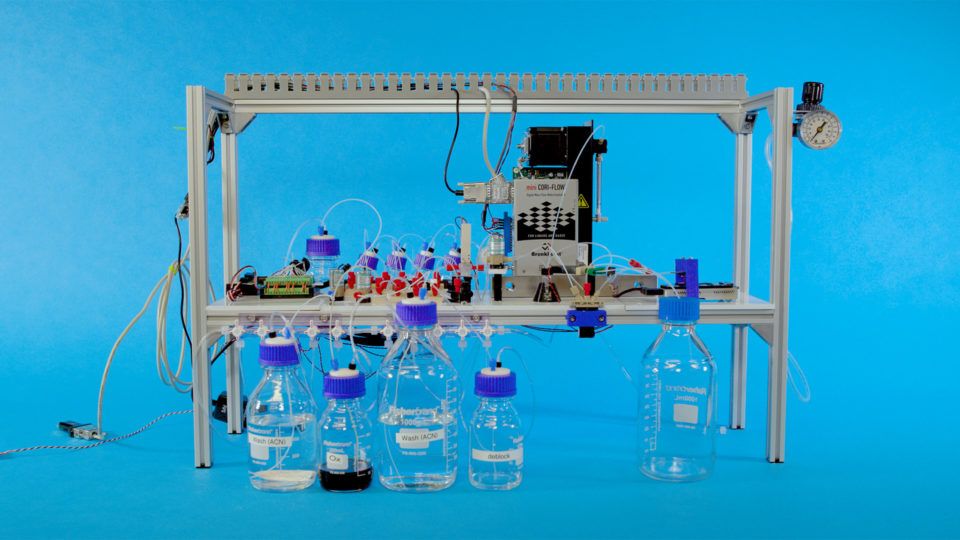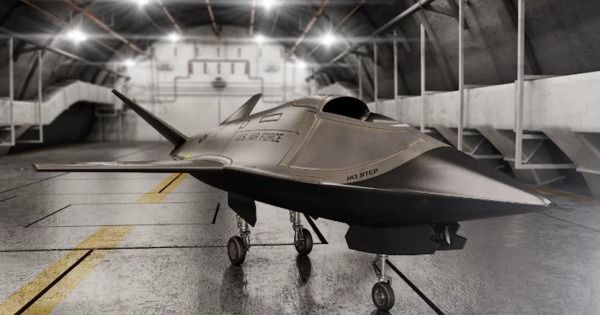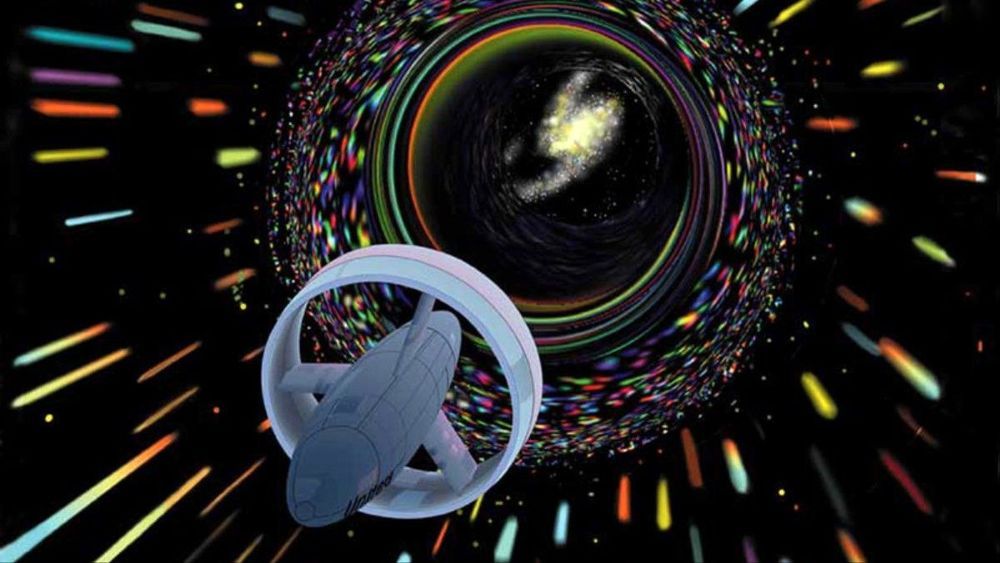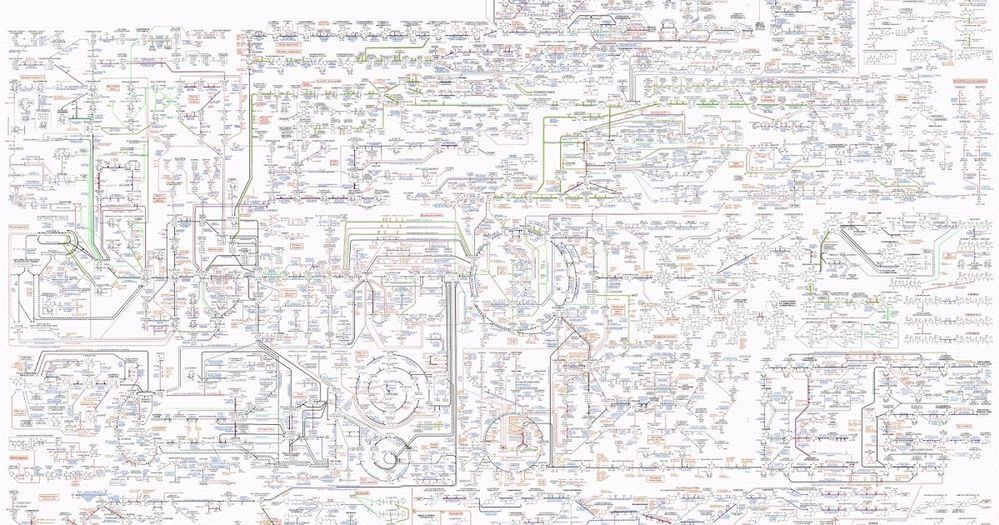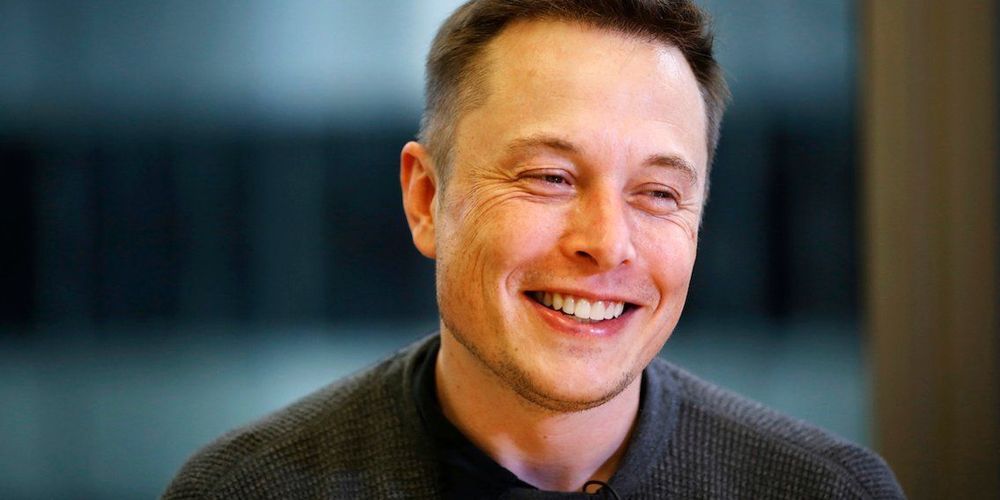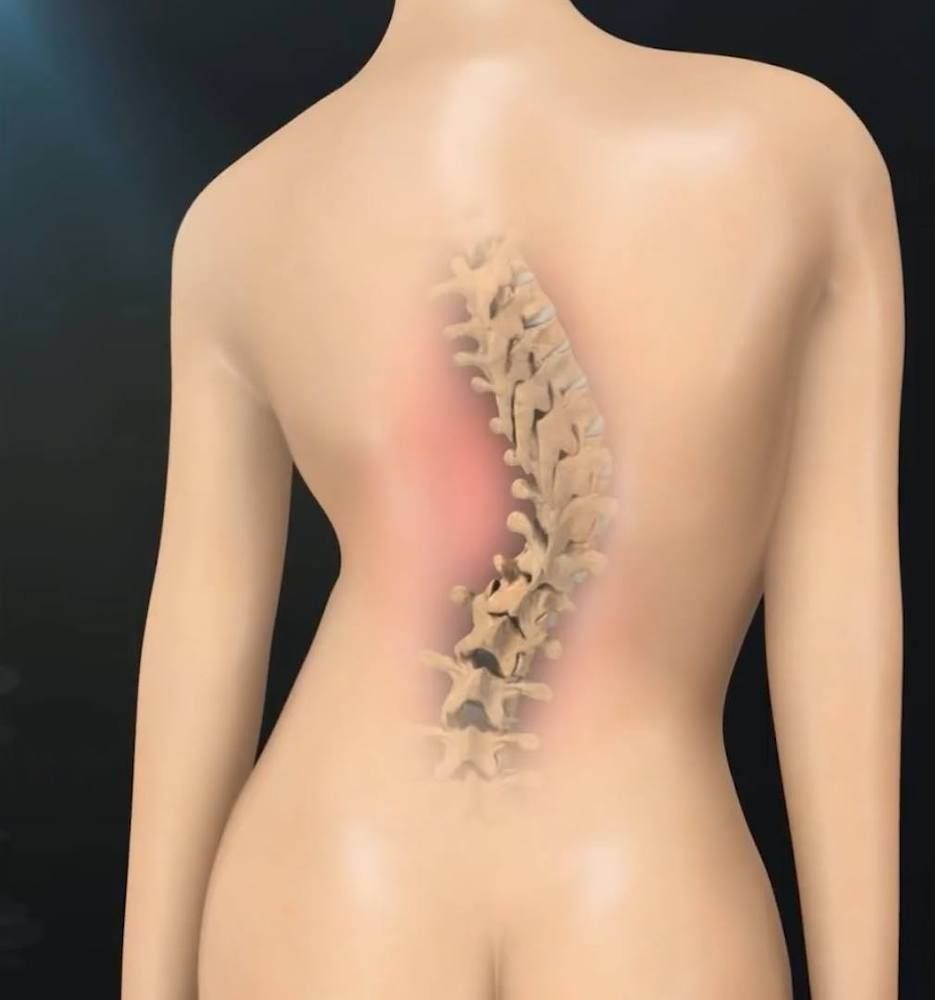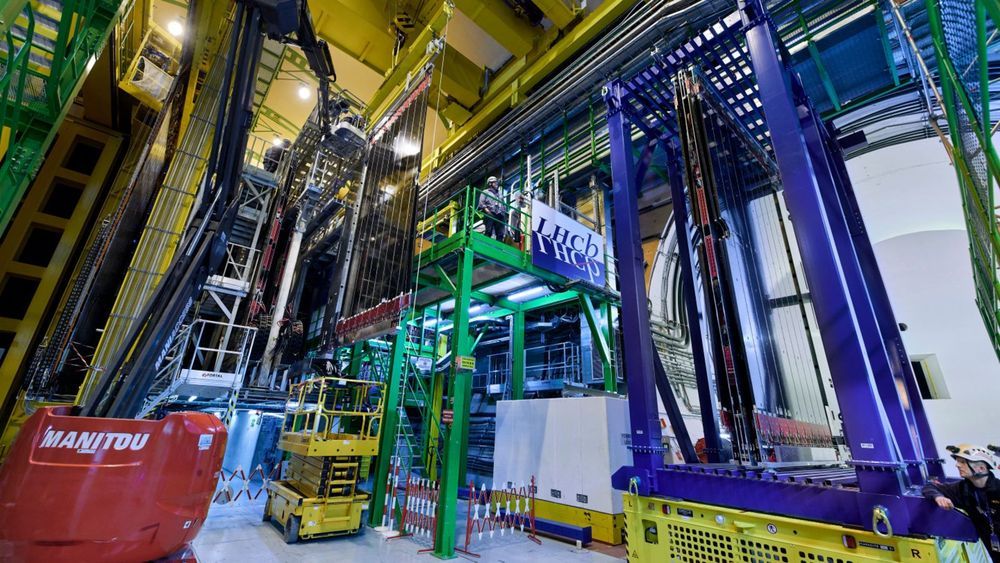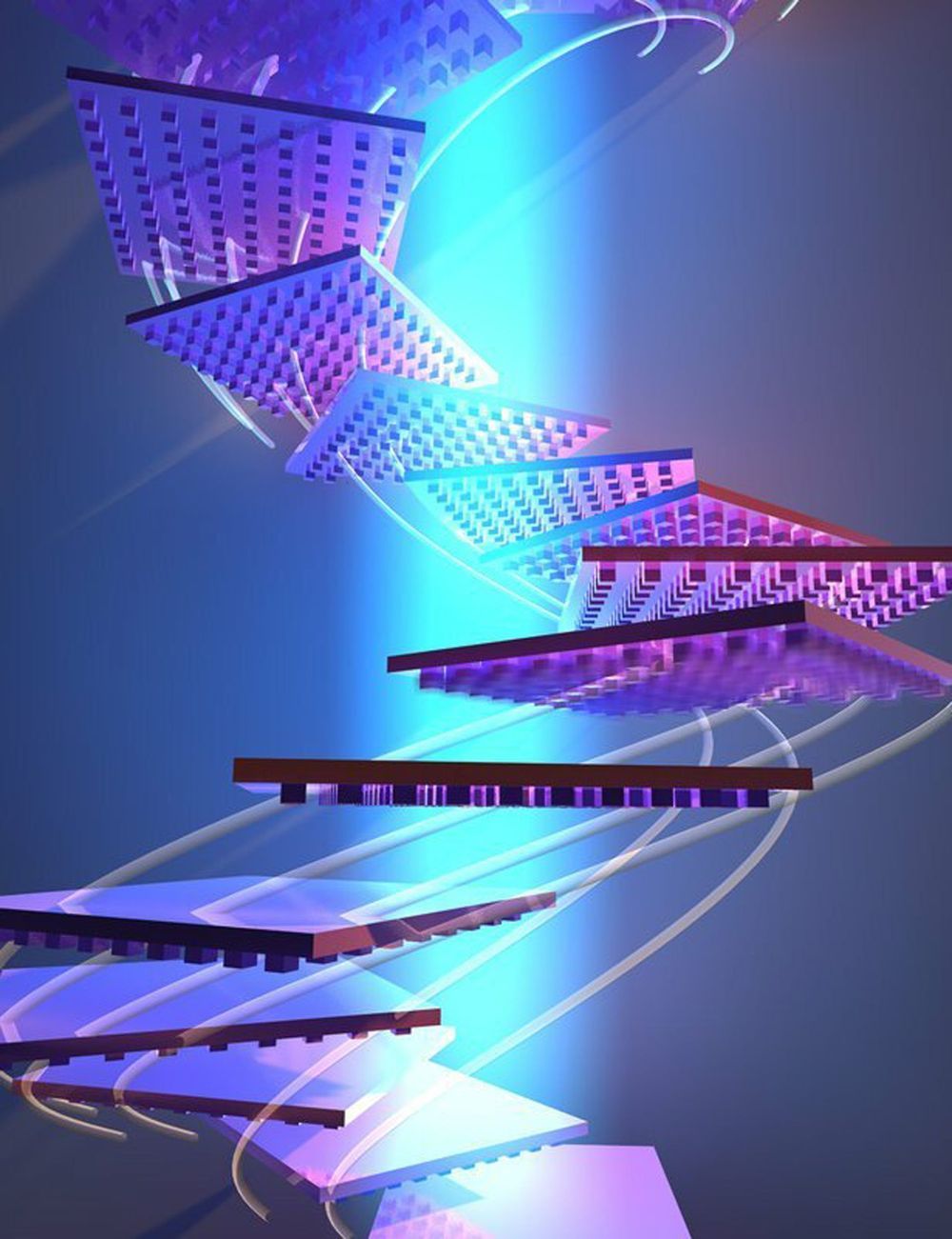Mar 21, 2019
Microsoft just booted up the first “DNA drive” for storing data
Posted by Klaus Baldauf in categories: computing, entertainment
Microsoft has helped build the first device that automatically encodes digital information into DNA and back to bits again.
DNA storage: Microsoft has been working toward a photocopier-size device that would replace data centers by storing files, movies, and documents in DNA strands, which can pack in information at mind-boggling density.
According to Microsoft, all the information stored in a warehouse-size data center would fit into a set of Yahztee dice, were it written in DNA.
Continue reading “Microsoft just booted up the first ‘DNA drive’ for storing data” »
